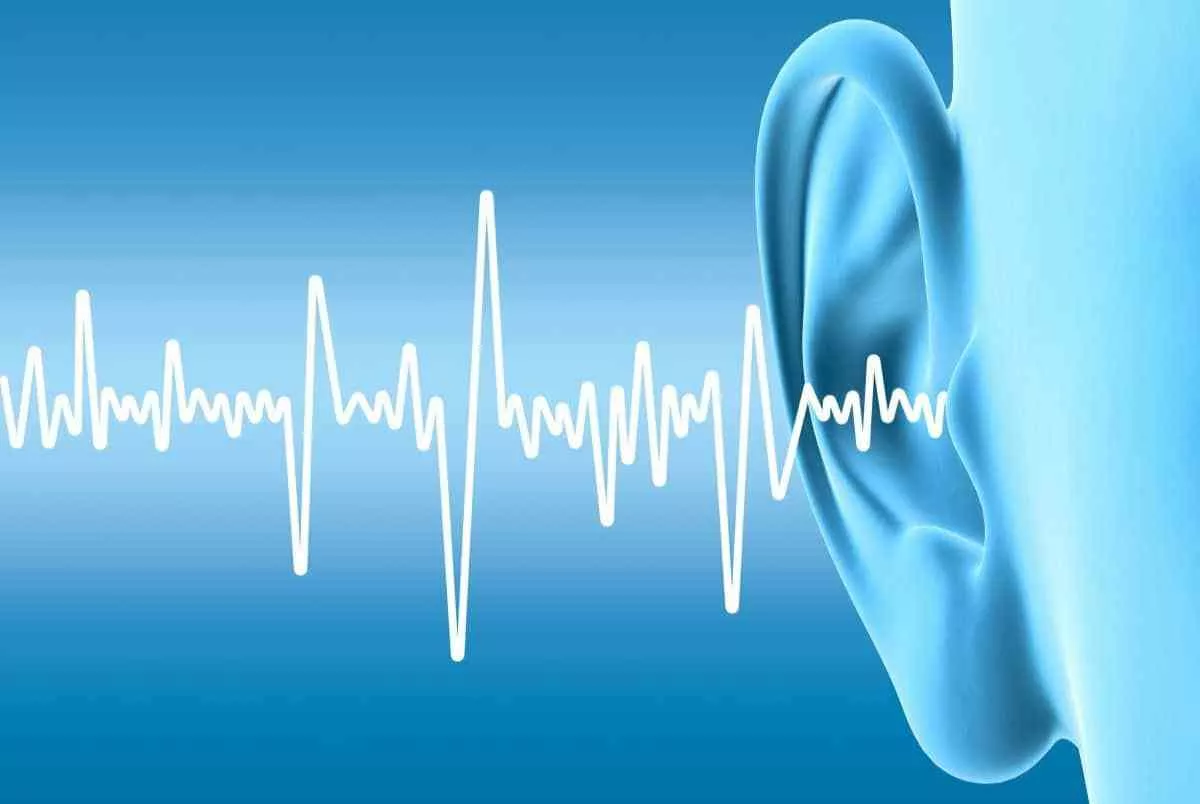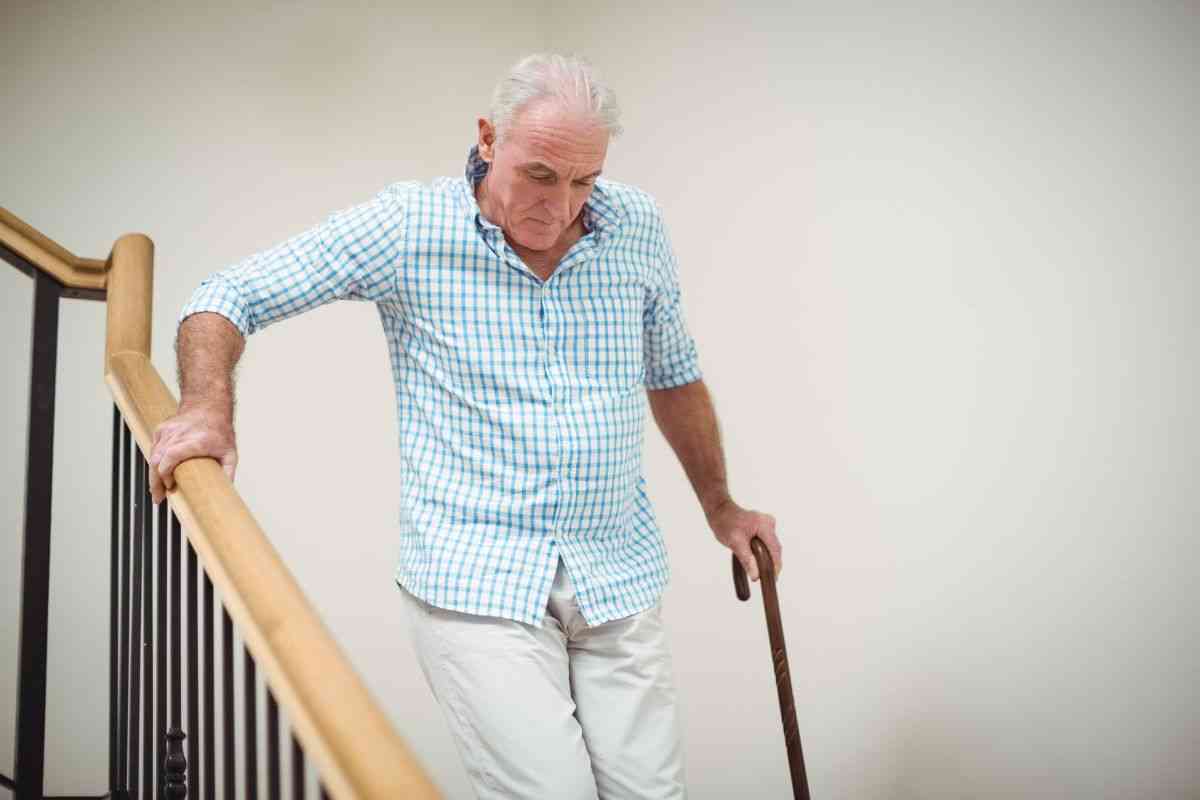
Living with tinnitus, a condition characterized by a persistent ringing or buzzing sound in the ears, can be incredibly challenging. The constant noise can disrupt sleep, impair concentration, and impact the overall quality of life. If you're someone struggling with tinnitus, you may wonder where you can find help and relief from this intrusive condition. If you or a loved one has experienced such intense tinnitus that it is disrupting daily life, seek an audiologist or some other form of tinnitus treatment near you immediately. Finding relief is the first step in taking your life back.
Seek Professional Medical Assistance
When seeking help for tinnitus, it's crucial to consult with medical professionals who specialize in ear disorders. An otolaryngologist (ear, nose, and throat specialist) or an audiologist can conduct thorough examinations to determine the underlying cause of your tinnitus and recommend appropriate treatment options. They will assess your medical history, conduct hearing tests, and may suggest additional evaluations such as imaging scans depending on the type of tinnitus you are experiencing.
Treatments for tinnitus typically depend on its underlying cause. For example, if tinnitus is associated with hearing loss, hearing aids or other sound amplification devices might be recommended. Alternatively, if your tinnitus is related to an earwax buildup, a simple cleaning may alleviate the symptoms.
However, audiologists can recommend a range of evidence-based treatment options based on the underlying cause and severity of your tinnitus. These may include:
- Sound Therapy: Sound therapy aims to mask or reduce the perception of tinnitus by introducing external sounds. This can be achieved through the use of wearable devices, such as white noise machines, sound generators, or hearing aids. These devices help distract your brain from focusing on the tinnitus sounds, providing relief and improving your overall quality of life.
- Cognitive Behavioral Therapy (CBT): CBT focuses on addressing the emotional and psychological impact of tinnitus. A qualified therapist can help you reframe negative thoughts and reactions to tinnitus, develop coping strategies, and improve your ability to manage stress. CBT can be particularly beneficial for individuals experiencing distress or anxiety related to their tinnitus and clinical studies have shown that CBT decreases negative interpretations among tinnitus sufferers.
- Medications: In certain cases, medications may be prescribed to manage specific aspects of tinnitus. While there is no medication specifically designed to cure tinnitus, some drugs, such as certain antidepressants or antianxiety medications, may help reduce cognitive load and alleviate associated symptoms like depression, anxiety, or insomnia.
- Tinnitus Retraining Therapy (TRT): TRT is a specialized therapy that combines sound therapy with counseling. The goal is to habituate your brain to perceive tinnitus as a neutral signal, reducing its impact on your daily life. TRT involves the use of sound generators and counseling sessions to help you adapt and cope with your tinnitus over time.
Support Groups and Counseling
Living with tinnitus can be emotionally distressing, and connecting with others who share similar experiences can provide a sense of understanding and support. Seek out local or online support groups where you can share your challenges, learn coping strategies, and gain insights from others who have successfully managed their tinnitus. Additionally, consider seeking counseling or therapy to help navigate the emotional impact of tinnitus and develop effective coping mechanisms.
Alternative Therapies
While there is limited scientific evidence supporting their efficacy, some individuals with tinnitus have reported finding relief through alternative therapies. These include acupuncture, hypnosis, and relaxation techniques like yoga and meditation. While these approaches may not address the root cause of tinnitus, they may help manage stress levels and improve overall well-being, potentially reducing the perception of tinnitus.
The Controversy Surrounding Tinnitus Supplements
Supplements, such as Tinnitus 911 by Phytage, marketed as tinnitus remedies have gained popularity in recent years, promising relief from the persistent ringing or buzzing sounds. However, it is essential to approach this topic with a healthy dose of skepticism. While some supplements claim to alleviate tinnitus symptoms by supporting nerve health or improving blood circulation, the scientific evidence supporting their effectiveness is limited and often inconclusive.
It's important to note that the U.S. Food and Drug Administration (FDA) does not regulate supplements in the same way it does prescription medications. As a result, there is a lack of standardized testing and rigorous clinical trials to prove the safety and efficacy of tinnitus supplements. The supplement industry is largely driven by anecdotal evidence and marketing claims, which can be misleading and may exploit the desperation of individuals seeking relief from tinnitus.
If you are considering tinnitus supplements, it is crucial to consult with your healthcare provider before starting any new regimen. They can help assess the potential risks, evaluate the scientific evidence, and guide you toward the most appropriate treatment options. Remember that every individual is unique, and what works for one person may not work for another. An informed discussion with a medical professional can provide you with a more comprehensive understanding of the potential benefits and risks associated with tinnitus supplements.
Finding Relief for Your Tinnitus
Living with tinnitus can be a challenging experience, but there are avenues for help and relief. Seek professional medical assistance to identify the underlying cause of your tinnitus and explore suitable treatment options. Engaging with support groups and counseling can provide emotional support and coping strategies. Additionally, alternative therapies like acupuncture, hypnosis, and relaxation techniques may offer some individuals relief from the impact of tinnitus.
However, when it comes to tinnitus supplements, it's important to approach them with skepticism. The scientific evidence supporting their effectiveness is limited, and the supplement industry is not regulated as strictly as prescription medications. Marketing claims and anecdotal evidence should not be relied upon solely when making decisions about your health. Prioritize open communication with healthcare professionals to make informed decisions and find the most appropriate solutions for your individual needs.
Follow me down the rabbit hole!
I'm Alice and I live with a dizzying assortment of invisible disabilities, including ADHD and fibromyalgia. I write to raise awareness and end the stigma surrounding mental and chronic illnesses of all kinds.
Dr. Wilson graduated from Rosalind Franklin University of Medicine and Science and completed her residency in Internal Medicine at Advocate Good Shepherd Hospital in Barrington, IL. Dr. Wilson specializes in providing culturally competent and trauma-informed care to patients with physical disabilities. In addition to her private practice, she works as a science communicator, teaching health literacy to middle school and high school students in her local school district.









